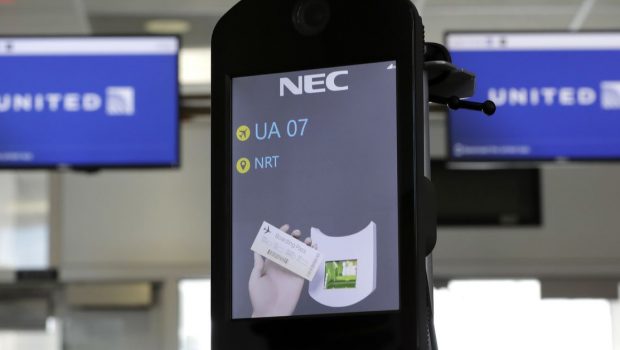Biometric privacy law needs updating to keep Illinois on technology’s cutting edge
Home to the university that developed the first web browser, Illinois has always been on the cutting edge of technology. But our state risks being left behind due to an outdated privacy law that is preventing businesses large and small from evolving into smarter, better operations that will make Illinois a more secure and prosperous place to work and live.
That’s why we were surprised to see a recent editorial advocating against common-sense updates to Illinois’ Biometric Privacy and Information Act. First put in place in 2008 when the BlackBerry was considered cutting-edge, a lifetime of technological advancement has taken place since. Now, the law often leads to unintended consequences that inhibit business operations, leave employers open to frivolous lawsuits and prevents innovative products from entering the Illinois market.
SEND LETTERS TO: letters@suntimes.com. We want to hear from our readers. To be considered for publication, letters must include your full name, your neighborhood or hometown and a phone number for verification purposes. Letters should be a maximum of approximately 350 words.
We suggest two common-sense updates. First, a security exemption should be adopted to allow some biometric information to be used for purposes such as screening employees at secure manufacturing facilities that produce our nation’s energy, food and medicine, and limiting access to nursing homes and assisted living facilities where residents are vulnerable to fraud or abuse. This would be in line with Washington State, the most recent state to enact a biometric privacy law in 2017, where officials recognized the need for security-related uses of the technology.
Second, lawmakers should adopt a “notice and cure” period, which would help protect employers from attorneys weaponizing the existing law by filing expensive class action lawsuits against small and medium size companies doing their best to ensure a safe and secure workplace. This “notice and cure” period will allow businesses to address any potential issues while avoiding unnecessary legal fees and ensuring compliance, especially where there has been no actual economic harm.
To be clear: these changes do not have to come at the expense of privacy protections. It is already illegal to sell or trade biometric information, and no one is suggesting undermining those provisions. But as technology evolves, our laws must do the same to properly balance consumer protections with the ability of businesses to innovate, grow and keep people in jobs.
Mark Denzler, president & CEO, Illinois Manufacturers’ Association
Rob Karr, president & CEO, Illinois Retail Merchants Association
Jack Lavin, president & CEO, Chicagoland Chamber of Commerce
Kids as pawns?
Do parents and teachers in private schools here in Chicago care about their students less than CPS and the Chicago Teachers Union do? After all, the private schools are open and teachers are showing up. Same question for the kids in the majority, maybe 99%, of schools across the country that are not closed.
Or instead, is it that in all those other schools the teachers and union don’t use the kids they so care about as pawns?
Shawn Jenkins, Back of the Yards








Gloss